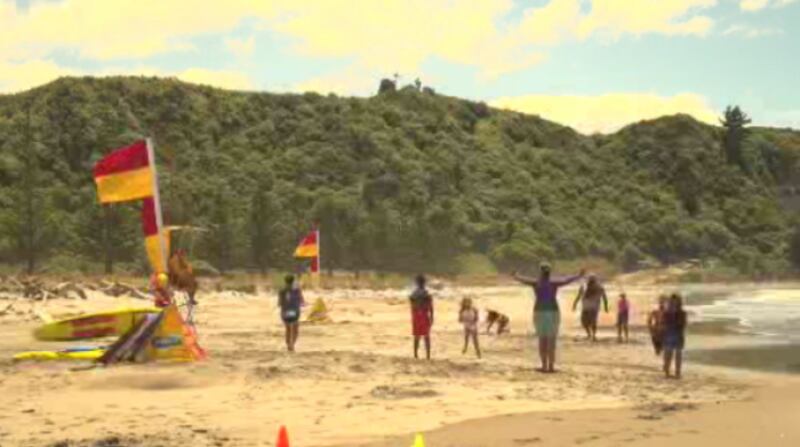A new study will investigate why Māori are over-represented in the national drowning statistics despite having a strong cultural connection to the water.
Physical education graduate Chanel Phillips (Ngāpuhi, Ngāti Hine) from the University of Otago says that although Māori make up about 15 per cent of New Zealand’s population, they account for 22 per cent of our national drowning statistics. She plans to get to the bottom of this anomaly with the support of a Health Research Council of New Zealand Māori PhD Scholarship worth $120,000.
She says, “There is very little published information that examines why Māori have high rates of drowning despite a strong cultural connection to water. My doctoral research will investigate the health connection of Māori to the ocean, rivers, and lakes through a study of Hawke’s Bay and find out whether this health connection contributes to Māori drowning rates.”
One of the few reports on this topic suggests that the high number of Māori drowning fatalities may be because Māori no longer have access to traditional knowledge and tikanga associated with water safety. Another suggests it may reflect the greater exposure of Māori to lakes, rivers and seas, particularly as revered sources of food.
Miss Phillips says the findings from her study will help to identify ways to improve Māori drowning statistics.
Health Research Council Chief Executive Professor Kath McPherson says Miss Phillips is one of 21 emerging Māori health researchers to receive an HRC Māori career development award this year, with a combined total of $1.8 million awarded.
“Our sustained investment in Māori health researchers over the past 25 years means that New Zealand now leads the world in indigenous health research. It’s only by supporting high-quality research, which uses and advances Māori knowledge, resources and people, that we can significantly improve Māori health outcomes,” says Professor McPherson.

